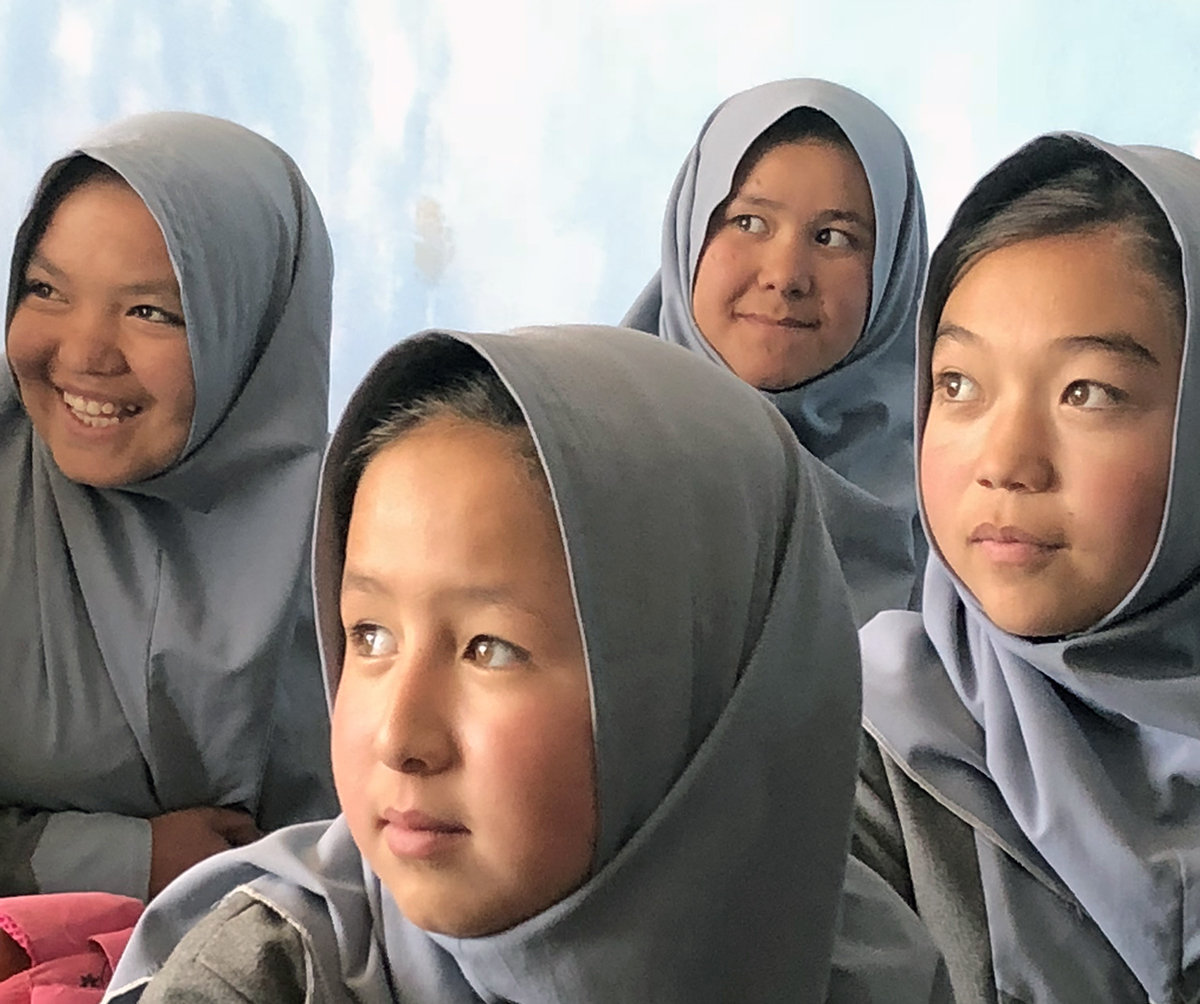Support peace in Afghanistan
Welcome to the website of the Afghanistan Peace Campaign. Click on the buttons below for the latest news and analytical articles from English-language sources. Also find links to non-governmental organizations providing humanitarian and development aid to Afghans inside the country and those living in exile.
While the war is over for America, the plight of 43 million Afghans inside the country and the millions of Afghan refugees scattered around the world remains dire. The United States and our European allies have a moral obligation to help Afghans who remain in the country, as well as refugees and those in the diaspora. An estimated 90 percent of the country’s population is living in poverty, while 24 million Afghans rely humanitarian aid.
Afghans continue to face a desperate humanitarian crises with insufficient funding and little access to basic services, especially health care and food. The United States — and the West — has only three options: turn our back on Afghanistan and the 43 million Afghans left behind; bankroll an armed opposition to the Taliban, but we’ve tried that before; or engage with the government. The aim is to find a way to engage without strengthening the Taliban’s grip on power.
The international community must use diplomatic and economic leverage to try to pressure the Taliban to begin to adhere to their promise to form an inclusive government and respect the rights of all Afghans, including young people, minorities and especially women. The Afghan government is made up almost entirely of rank-and-file Taliban, mostly Pashtun men from Kandahar. Such a narrowly based government will not last, and there are fissures within the ranks of the Taliban as well as growing opposition from disaffected Afghans. The best hope for Afghanistan is a political process that leads to a government that represents the interests of the country’s many ethnic groups, of women and of young people.
Why would the Taliban agree to form a more inclusive government? Sanctions and continued diplomatic isolation are a threat to their power, as is the current war with Pakistan. Moreover, the Taliban have stated that that they want better relations with western nations, but to date, only Russia has recognized the government, and the Taliban have not been able to claim Afghanistan’s seat at the United Nations. At some point, they may have no choice, for they will need foreign development assistance as well as the return of highly skilled Afghans to help rebuild their nation. This excludes the former warlords and corrupt elites who deserve no say in the future of the country.
The war has not helped Afghanistan. It is time to pursue peace and reconciliation among Afghans so they can determine their own future.
What we do
• Work with U.S. and European peace and humanitarian aid organizations
• Provide information to executive branch officials and congressional staff
• Write op-ed articles, meet with reporters and do television interviews
Articles
Learn more
To learn more, here are some organizations working to promote peace, respect for human rights and economic development in Afghanistan.
Kabul-based resource on Afghan politics
Analysis of the Afghan war and U.S. policy
America’s largest anti-war coalition
Center for International Policy
Independent research and analysis
Friends Committee on National Legislation
The Quaker peace lobby
Center of anti-war advocacy and activism
Aid and peace building programs in Afghanistan
Contact us
Afghanistan Peace Campaign
P.O. Box 21375
Washington, DC 20009
info@afghanistanpeacecampaign.org
501(c)(3) fiscal sponsorship for Afghanistan Peace Campaign provided by:
Social Good Fund
12651 San Pablo Ave, Richmond, CA 94805
 Afghanistan Peace Campaign
Afghanistan Peace Campaign




